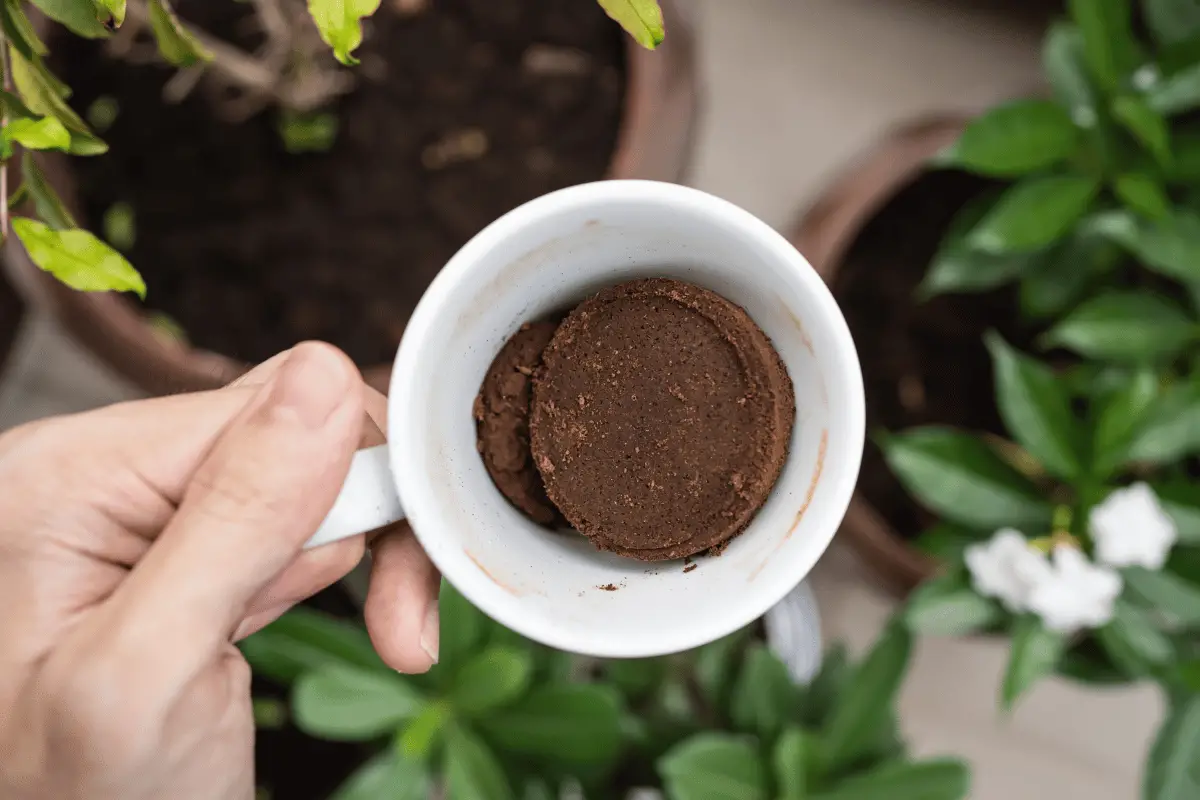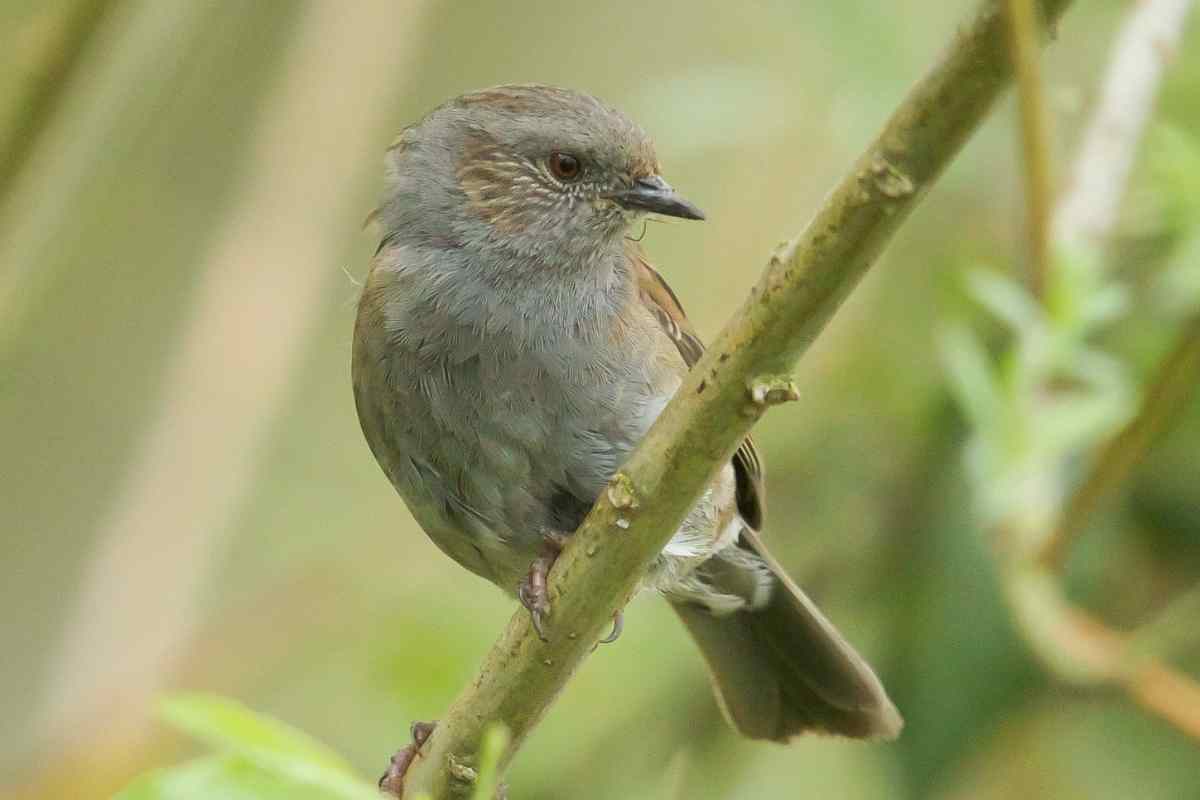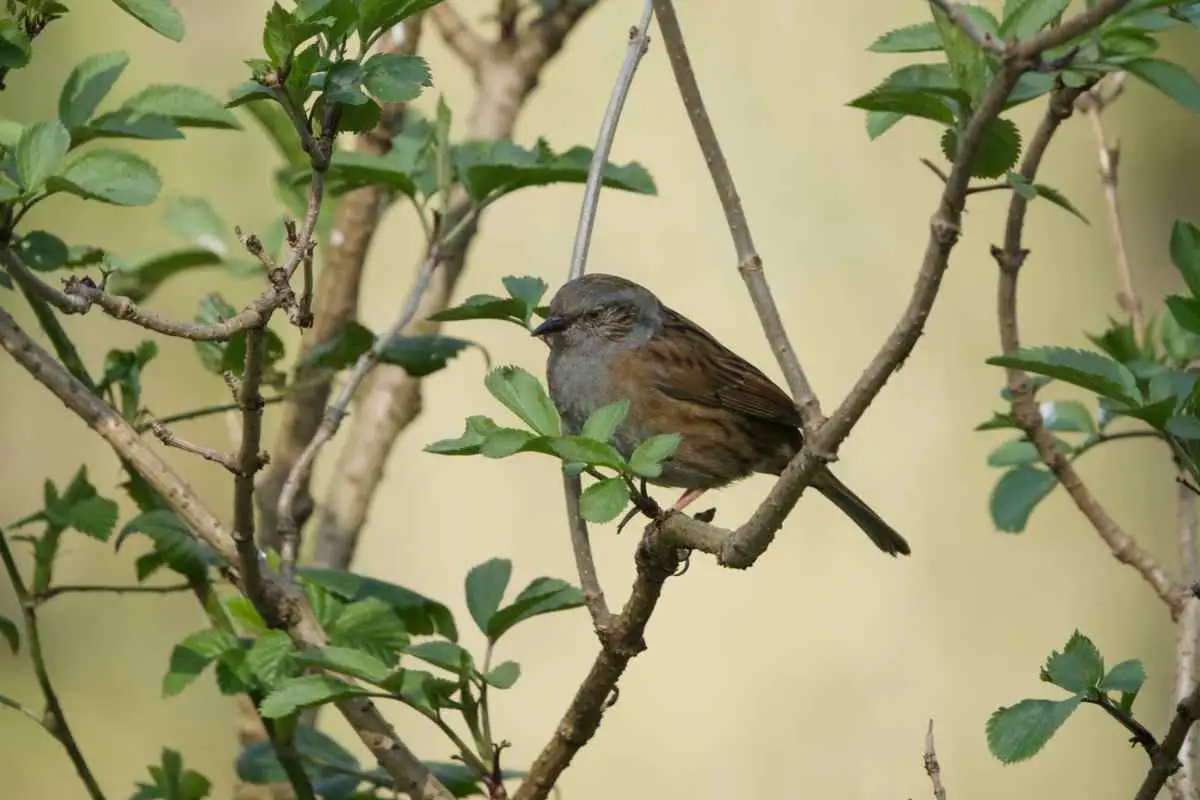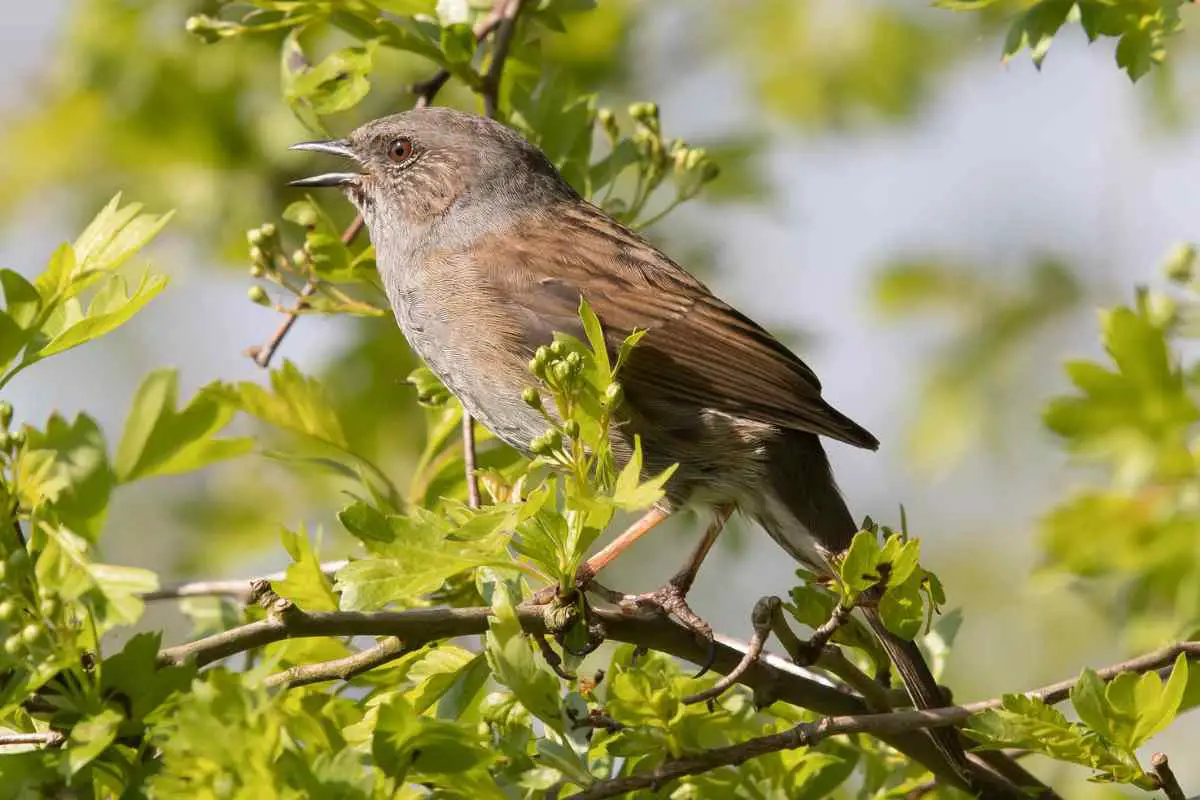Coffee is one of the most widely consumed beverages in the world. It is a popular morning drink for many people, and it is also used as a natural fertilizer for plants.
However, there is a growing concern about the impact of coffee grounds on birds.
Some people believe that coffee grounds can harm birds, while others argue that they are safe and even beneficial.
There is no doubt that coffee grounds are a rich source of nutrients and can help plants grow. However, when it comes to birds, the situation is more complicated.
Some studies suggest that coffee grounds can irritate the digestive system of birds and interfere with their ability to absorb nutrients.
Additionally, caffeine, which is present in coffee, is toxic to birds and can cause serious health problems, including death.
While some birds may be able to tolerate small amounts of caffeine, others may be more sensitive to it.
Therefore, it is important to understand the potential risks associated with feeding coffee grounds to birds.
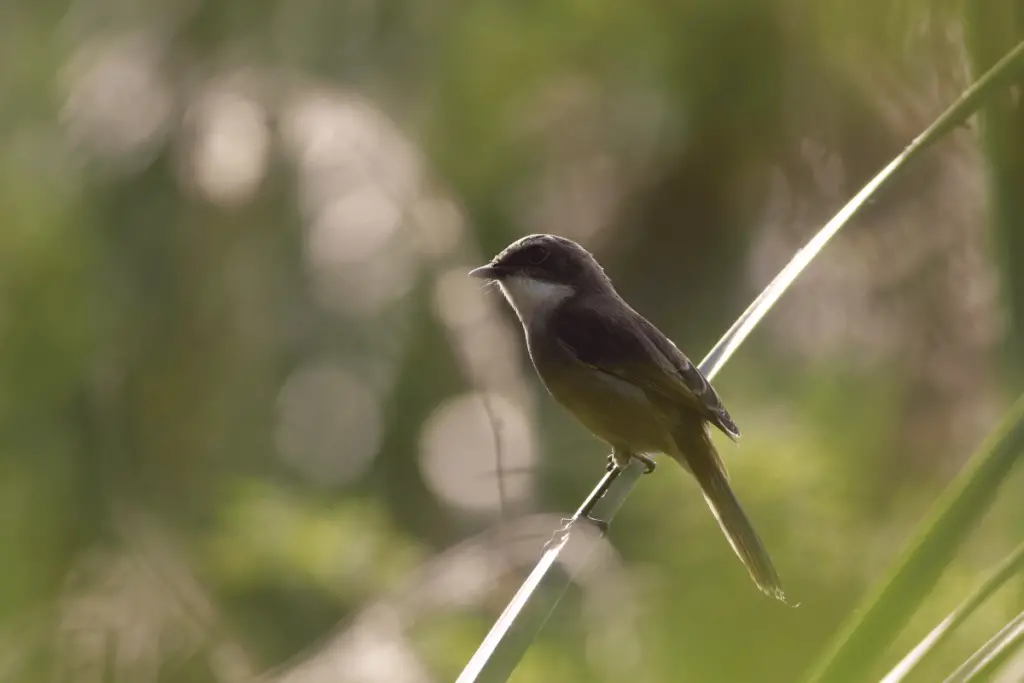
Table of Contents
The Impact of Coffee Grounds on Birds
Coffee grounds are a popular fertilizer and compost material due to their high nitrogen content. While coffee grounds can provide some benefits to plants, the impact on birds is less clear.
In this section, we will explore what coffee grounds are, how birds consume them, and whether coffee grounds can harm birds.
What Are Coffee Grounds?
Coffee grounds are the leftover residue from brewing coffee. They are typically dark brown and have a gritty texture.
Coffee grounds contain caffeine, which is a natural stimulant that can affect the nervous system of birds and other animals.
Coffee grounds also contain other chemicals, such as tannins and oils, which can have varying effects on birds.
How Do Birds Consume Coffee Grounds?
Birds may consume coffee grounds in a variety of ways. Some birds may forage for coffee grounds on the ground, while others may eat coffee berries directly from the plant.
Birds may also consume coffee grounds that are mixed in with other food sources, such as compost piles or bird feeders.
Can Coffee Grounds Harm Birds?
The impact of coffee grounds on birds is a topic of debate among experts. While some studies suggest that coffee grounds may have beneficial effects on birds, others suggest that coffee grounds can be harmful in certain circumstances.
One potential concern is the caffeine content of coffee grounds. High levels of caffeine can cause birds to become hyperactive and may even lead to cardiac arrest in extreme cases.
However, the caffeine content of coffee grounds is typically low, and birds would need to consume large quantities to experience adverse effects.
Another concern is the presence of other chemicals in coffee grounds, such as tannins and oils.
These chemicals can have varying effects on birds, depending on the species and the quantity consumed.
Some birds may be able to tolerate these chemicals, while others may experience digestive issues or other health problems.
Overall, the impact of coffee grounds on birds is complex and depends on a variety of factors.
While coffee grounds may provide some benefits to birds, such as a source of nutrients or shelter, they can also have negative effects in certain circumstances.
It is important to use coffee grounds responsibly and to monitor the impact on local bird populations.
The Risks of Coffee Grounds to Birds
Birds are often attracted to coffee grounds due to the caffeine content, which can give them an energy boost.
However, while coffee grounds are not toxic to birds, they can still pose several risks to their health.
Here are some of the potential risks of coffee grounds to birds:
Digestive Issues
When birds ingest coffee grounds, it can cause digestive issues. The grounds can irritate their digestive system and cause problems with their ability to absorb nutrients.
This can lead to malnourishment and other health problems.
Toxicity
Caffeine is toxic to birds, and coffee grounds contain caffeine. Ingesting too much caffeine can cause cardiac distress, including arrhythmias, hyperactivity, and possible cardiac arrest.
This can be especially dangerous for birds that are already in poor health.
Physical Harm
Coffee grounds can also pose a physical risk to birds. They can become impacted in a bird’s digestive tract, which can cause blockages and other health problems.
Additionally, coffee grounds can contain mold or bacteria that is harmful to birds.
To prevent these risks, it is best to avoid giving coffee, coffee beans, coffee grounds, tea, or soda to pet birds.
Instead, birds should stick with their natural diets and avoid relying on human-provided foods such as coffee grounds.
If you do choose to use coffee grounds in your garden, make sure to dispose of them properly and keep them away from birds.
Preventing Harm to Birds from Coffee Grounds
Coffee grounds are a popular fertilizer for plants and gardens, but they can also be harmful to birds if not disposed of properly. Here are some tips on how to prevent harm to birds from coffee grounds:
Disposing of Coffee Grounds Properly
To prevent harm to birds, it is important to dispose of coffee grounds properly. Coffee grounds should never be left in piles or scattered on the ground, as birds can mistake them for food and ingest them.
Instead, coffee grounds should be composted with other organic materials such as leaves or grass clippings.
Composting coffee grounds will also help to break down the caffeine and other compounds that can be harmful to birds.
Alternative Uses for Coffee Grounds
If you have excess coffee grounds that you don’t want to compost, there are alternative uses that can benefit both you and the environment. Here are a few ideas:
- Use coffee grounds as a natural deodorizer in your home. Simply place them in a bowl or container and leave them in areas that need freshening up, such as the fridge or pantry.
- Use coffee grounds as a natural exfoliant for your skin. Mix them with a small amount of coconut oil or honey and use as a scrub.
- Use coffee grounds as a natural dye for fabric or paper. Simply steep the grounds in hot water and strain out the liquid, then use it to dye your materials.
By following these tips, you can help to prevent harm to birds from coffee grounds while also finding alternative uses for this common household waste.
Conclusion
In conclusion, coffee grounds are not inherently harmful to birds.
While there have been concerns raised about caffeine and other compounds found in coffee grounds, research suggests that when used in moderation and under certain conditions, coffee grounds can be safely consumed by birds.
Coffee grounds are rich in nutrients and can provide a valuable source of food for certain bird species.
They contain small amounts of caffeine, which can have stimulant effects on birds, but the concentration is typically too low to cause significant harm.
Additionally, some studies indicate that birds may have a natural tolerance to caffeine.
However, it is important to note that the safety of coffee grounds for birds can depend on several factors.
If coffee grounds are heavily contaminated with pesticides or other chemicals, they can pose a risk to birds.
Similarly, if coffee grounds are used excessively or provided as the primary food source, they may disrupt a bird’s natural diet and nutrient balance.
- How to Build a Planter Box for Bamboo: A Step-by-Step Guide
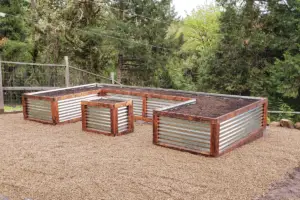
- Can Robotic Lawnmowers Handle Steep Slopes?
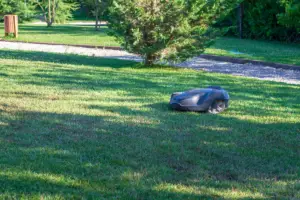
- Do You Need a Specific Lawn for a Robotic Lawnmower? Expert Advice
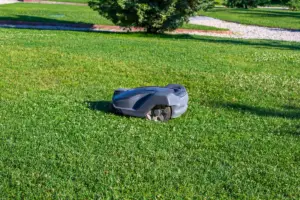
- Are Robotic Lawnmowers Safe for Pets and Children? Safety Features of Robotic Lawnmowers
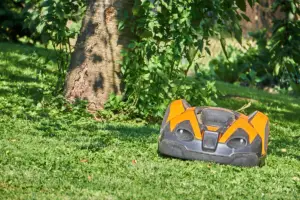
- Why Use Robotic Lawnmowers? Advantages of Using a Robotic Lawnmower
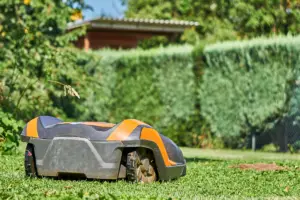
- Is the GARDENA SILENO City 300 Cordless or Corded? A Clear Answer










